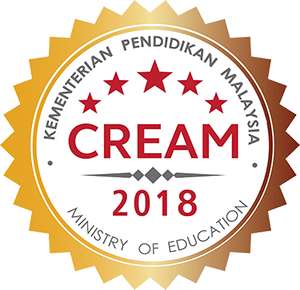OPTIMIZATION OF CRYOPRESERVATION FOR <em>STERCULIA</em> <em>CORDATA</em> ZYGOTIC EMBRYOS USING VITRIFICATION TECHNIQUES
Keywords:
Logistic regression analysis, tropical forest seed, intermediate-recalcitrant seedAbstract
NADARAJAN, J., STAINES, H. J., BENSON, E. E., MARZALINA, M., KRISHNAPILLAY, B. & HARDING, K.
2007. Optimization of cryopreservation for Sterculia cordata zygotic embryos using vitrification techniques.
Vitrification is a physical process by which a concentrated aqueous solution solidifies into stable amorphous
glass at a sufficiently low temperature. This process eliminates the potentially damaging effect of intra- and
extracellular crystallization in cryopreservation of plants and animal cells. Sterculia cordata embryos were
cryopreserved using a vitrification technique. The embryos were precultured for three days on MS media
supplemented with sucrose (0.35, 0.55 and 0.75 M) and treated with loading solution (LS) and plant
vitification solution 2 (PVS2) for one to three hours before storing in liquid nitrogen. Their germination
was assessed before and after cryopreservation. Multiple logistic regression analysis showed that the sucrose
pregrowth medium, LS and PVS2 pretreatments were not detrimental to the germination of embryos.
However, sucrose and LS pretreatments alone were not sufficient for successful cryopreservation in contrast
to the high germination (≥ 80%) achieved with PVS2 treatment.




